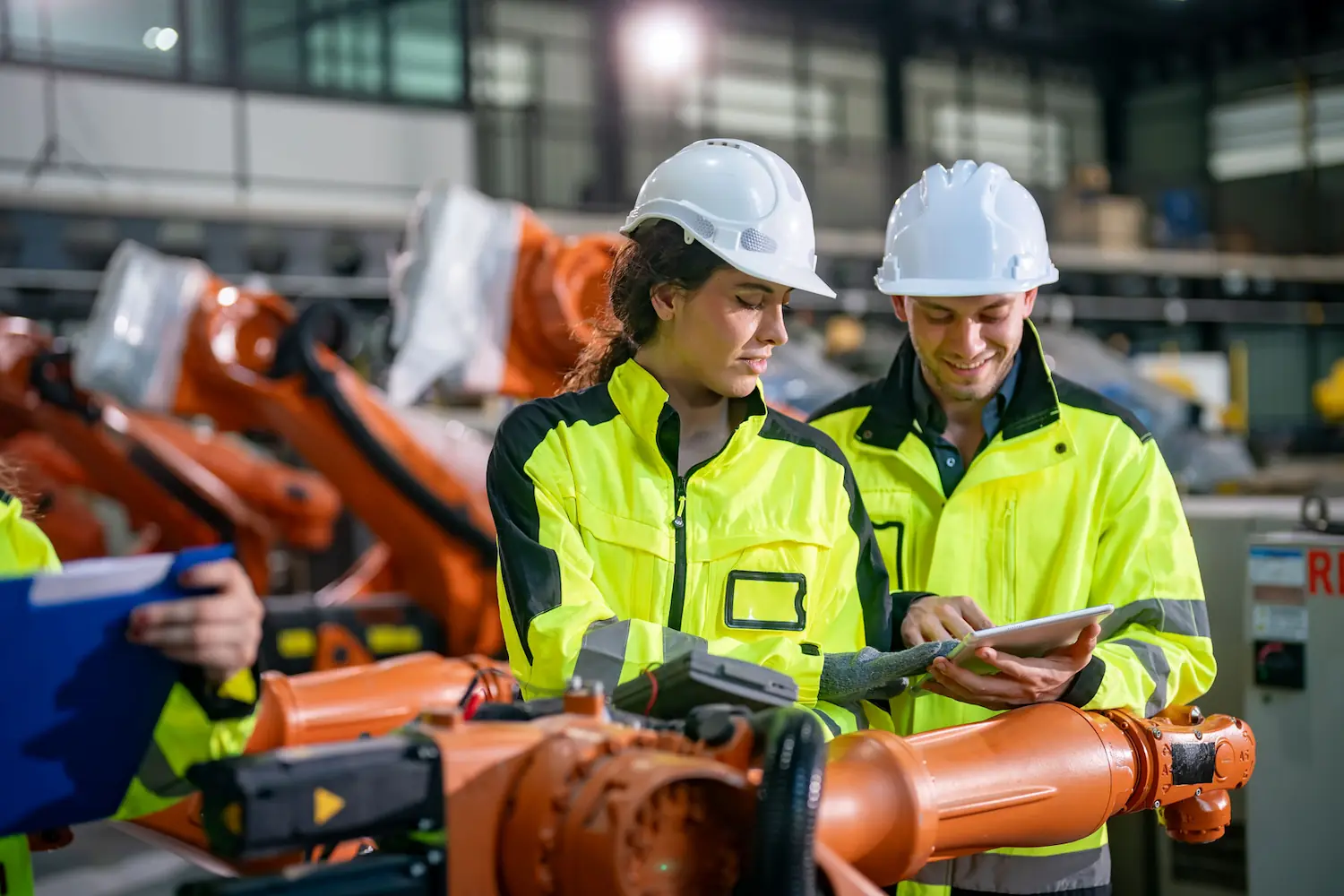
AI in Industrial Automation: Driving Sustainability and Operational Efficiency
For decades, manufacturers and producers in the process industries — oil & gas, chemicals, pharmaceuticals, food & beverage, power generation — have relentlessly optimized machinery and systems. Through advances in industrial automation, hardware improvements, and sensor networks, the physical layer of operations has become leaner, faster, and smarter.
But now, a new kind of opportunity is emerging.
As data volumes continue to grow and operations become more complex, organizations are turning their attention to a long-overlooked efficiency frontier: the people who run the plant. Engineers, operators, and analysts — the experts who ask the right questions, synthesize complex analytics, and make decisions that drive daily operations — are becoming the focus of a new wave of innovation.
And it’s here that AI, and specifically Generative AI, is making a meaningful difference.
Beyond Hardware: The Human Layer of Efficiency
While much of the conversation around AI in manufacturing has centered on robotics, edge computing, or AI-enabled sensors, these solutions remain largely at the infrastructure layer. And while foundational, they don’t address a major source of variability and opportunity: human-driven analytics workflows.
In the process industries, even the best engineers face a common challenge: spending hours wrangling data, duplicating past analyses, and rebuilding ad hoc approaches every time a problem arises. Knowledge gets lost in spreadsheets and tribal memory. Results vary between teams. Opportunities for efficiency, quality, or sustainability often go unrealized — not because the data doesn’t exist, but because it isn’t being leveraged consistently.
That’s where the Seeq AI Assistant steps in. Built into the analytics environment where industrial experts already work, AI in Seeq is designed to support — not replace — domain expertise. It acts as a partner in exploration, enabling faster discovery, standardized workflows, and repeatable results and actions across teams.
Unlocking Expertise, Standardizing Excellence
Generative AI capabilities in Seeq aren’t about creating black box answers out of thin air. Instead, they enable self-directed, multi-step exploration — helping users frame better questions, generate reusable analytics templates, and move from idea to impact in a fraction of the time.
This kind of generative insight means:
- Plant teams can rapidly diagnose and share solutions to process issues
- Organizations can reduce reliance on a shrinking pool of expert talent
- Quality and sustainability programs gain consistency across sites
- Knowledge becomes a retained asset, not a fleeting one
As one customer in the chemicals sector put it: “With the AI Assistant in Seeq, we decrease our process experts’ learning curve for advanced analytics and machine learning by 50% or more.”
Human-Centered AI for a Resilient Future
The future of industrial automation isn’t just about smarter machines — it’s about empowering the people who run them. With AI embedded in their analytics workflows, industrial professionals can move faster, collaborate better, and unlock improvements that would have been invisible before.
It’s not automation instead of people. It’s automation for people.
That’s how AI is driving both sustainability and operational efficiency — not by replacing the expertise of process industry professionals, but by making that expertise more visible, scalable, and repeatable than ever before.